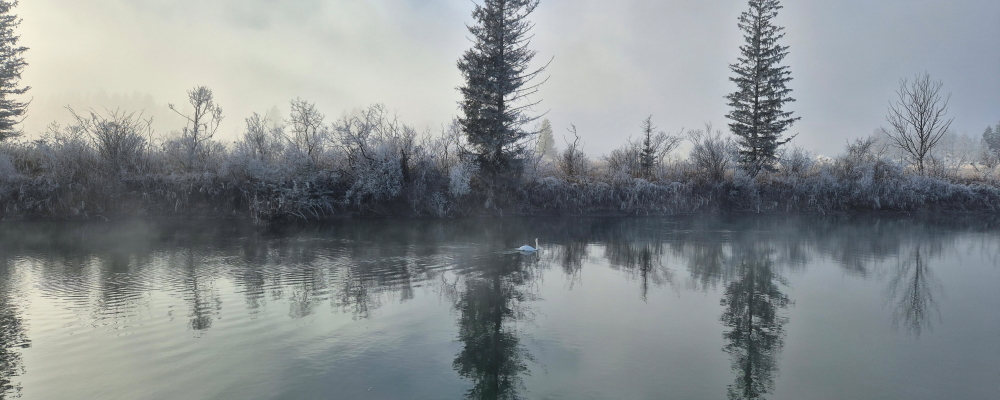
Als Voltaire das Reich der Schatten betrat, war er gewiss, dass es sich um einen Irrtum handele und er sogleich auf den Olymp geführt werde, wo er als Vergöttlichter seinen ihm gebührenden Platz neben den Göttern einnehmen dürfte. Noch als er auf der Affodillwiese vor den drei Totenrichtern stand, hielt es er für sicher, zumindest mit einem Gruß in die elysischen Gefilde entlassen zu werden, um auf dem Elysion in ewiger Glückseligkeit zu existieren. Umso niederschmetternder war es, feststellen zu müssen, dass die drei Götter weder seinen Namen kannten, noch auch nur ein Wort an ihn richteten. Mit einer Handbewegung deuteten sie ihm an, sich zu den anderen Schatten zu begeben, die in steter Freudlosigkeit auf der Wiese lagerten. Voltaire konnte es nicht fassen, doch was ihm den Rest gab, war der Umstand, dass es schon wieder ausgerechnet der verfluchte Rousseau war, der mit seiner blöden Fackel die Schatten, und auch Voltaires, erzeugen durfte.
How it really was – When Voltaire entered the realm of shadows, he was convinced that it was a mistake and that he would be led straight away to Mount Olympus, where, as a deified one, he would be allowed to take his rightful place alongside the gods. Even as he stood in front of the three judges of the dead on the asphodel meadow, he thought it safe to be released at least with a salute to the Elysian realms in order to exist on Elysion in eternal bliss. It was all the more devastating to find out that the three gods neither knew his name nor said a single word to him. With a wave of their hands they motioned for him to go to the other shadows, who were lying in the meadow in perpetual joylessness. Voltaire couldn’t believe it, but what put him over the edge was the fact that it was the damned Rousseau who was allowed to create the shadows, including Voltaire’s, with his silly torch.
